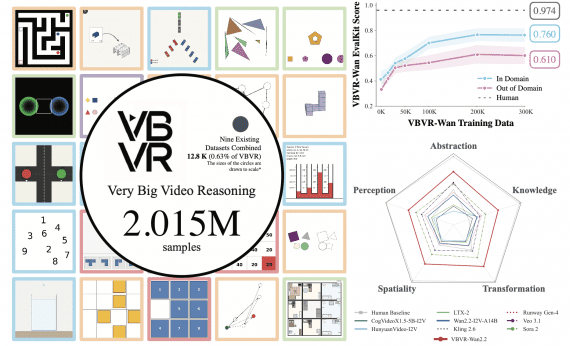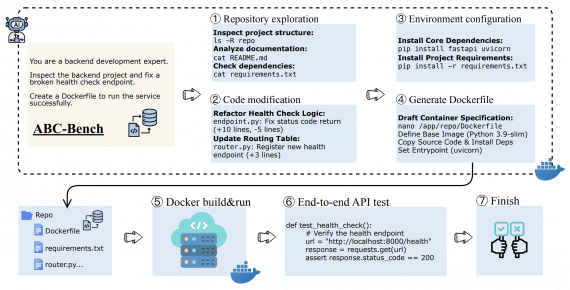
DeepMind has released SynthID Text, expanding their established AI content authentication ecosystem to include text watermarking. This release, now available in Hugging Face Transformers v4.46.0+, follows DeepMind’s deployment of SynthID for images, audio, and video content, completing their comprehensive suite of AI content verification tools.
As Generative AI enables unprecedented content generation at scale, robust watermarking becomes crucial for content provenance verification and misinformation mitigation. SynthID offers a production-grade solution that can be immediately integrated into existing LLM pipelines.
DeepMind’s large-scale validation demonstrates impressive scalability, with testing across nearly 20 million Gemini model responses. The system requires only a few thousand examples for training effective watermark detectors, making it practical for enterprise deployment.
SynthID Approach
SynthID works by modifying the token generation process through a pseudorandom g-function. When an LLM generates text, it predicts each subsequent token based on probability distributions. SynthID strategically adjusts these probability scores using configurable parameters that balance watermarking strength and output quality.
Technical Details
Key configuration parameters include:
- Keys: Random integers list determining watermarking layers;
- ngram_len: Default value of 5 balances detectability and robustness;
- sampling_table_size: Minimum 2^14 recommended for unbiased g-function;
- context_history_size: Controls repeated n-gram watermarking.
The system employs a Bayesian detector that outputs three states: watermarked, not watermarked, or uncertain. Detection thresholds can be customized to achieve specific false positive and negative rates. Models sharing the same tokenizer can use common watermarking configurations and detectors if trained on examples from all participating models.
SynthID Implementation
Organizations can choose between:
- Fully-private: No detector exposure;
- Semi-private: API-only detector access;
- Public: Open detector distribution.
Known Limitations
While robust against basic text modifications and partial paraphrasing, SynthID shows reduced effectiveness with factual responses and thoroughly rewritten content. Translation to other languages significantly impacts detector confidence scores.
SynthID represents a significant advancement in LLM watermarking, offering a production-ready solution with flexible implementation options and clear trade-offs between security and usability. Its integration into the Transformers library makes it immediately accessible to the AI development community.





